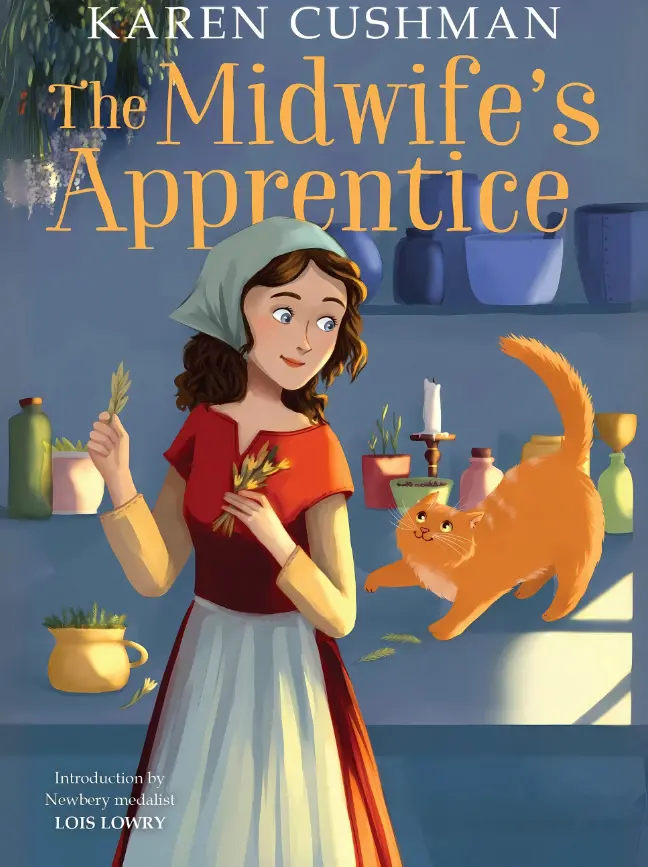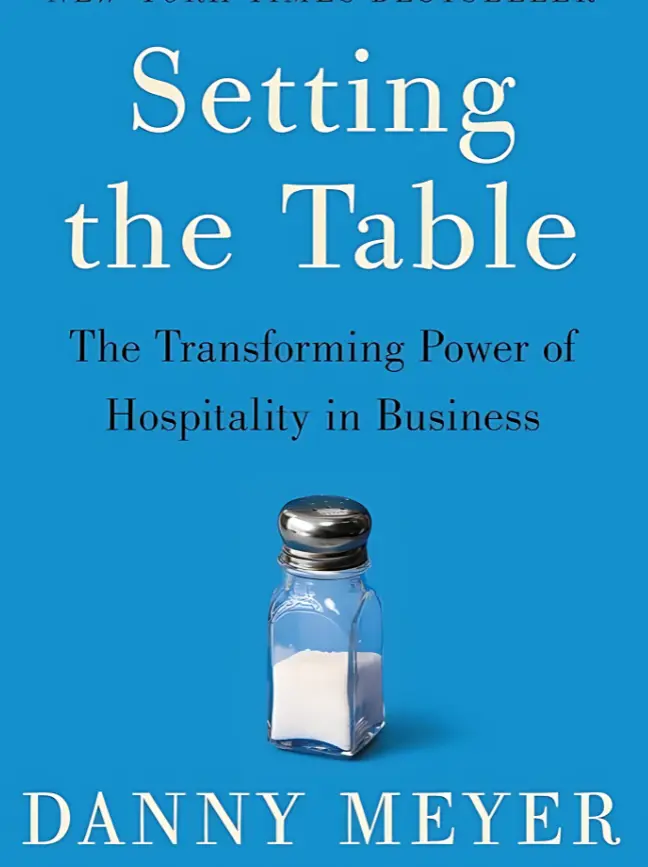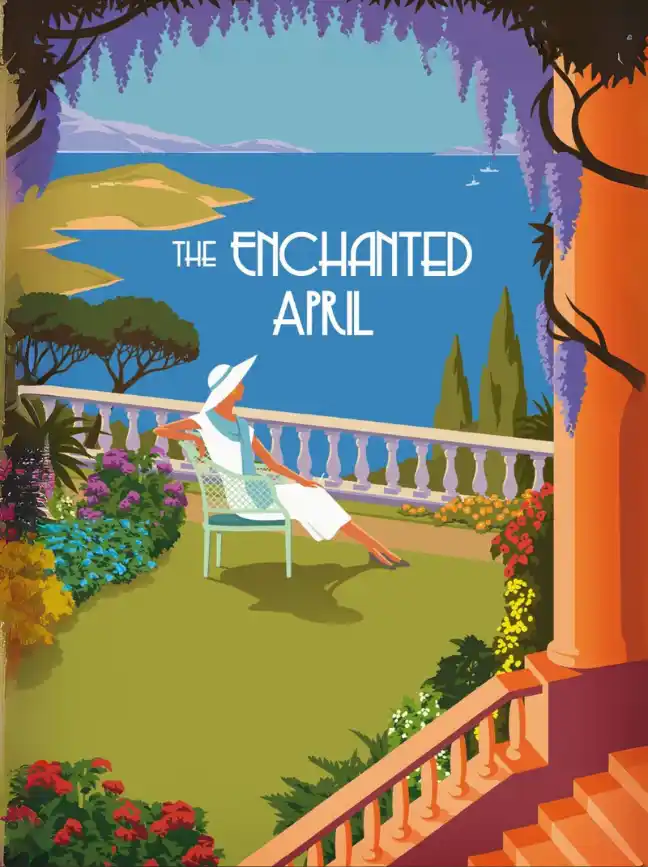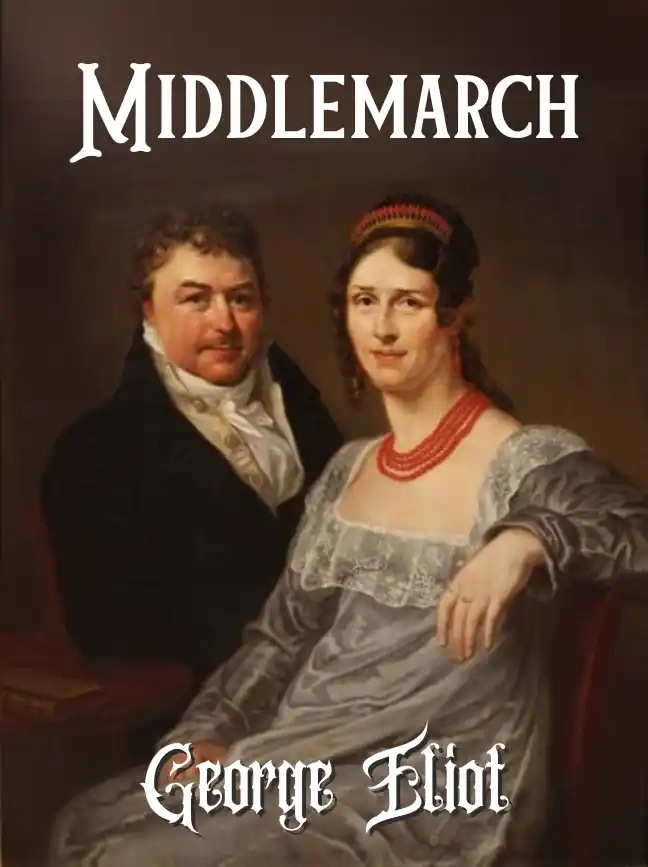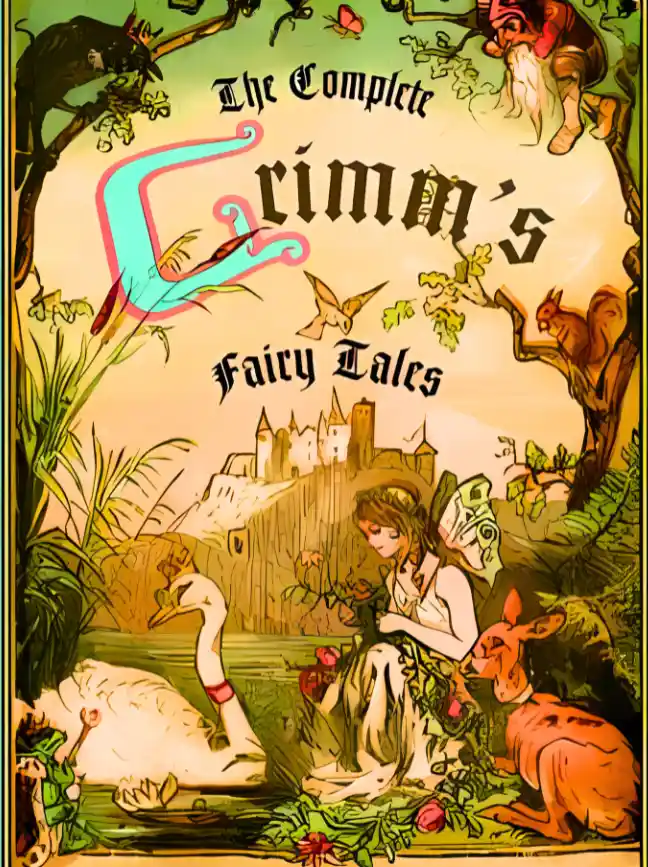F
lorence would not let Noemí sit alone with Catalina. One of the maids, Mary, had been ordered to stand guard in a corner. Noemí was not to be trusted ever again. Nobody said that was the case, but while she approached her cousin’s bed the maid moved slowly around, arranging the clothes in the armoire, folding a blanket. Needless tasks.
“Could you do that later, please?” she asked Mary.
“No time for it in the morning,” the maid replied, her voice even. “Mary, please.”
“Don’t worry about her,” Catalina said. “Sit.”
“Oh, I…Yes, it doesn’t matter,” Noemí said, trying not to be upset about this. She wanted to maintain a positive façade for Catalina. Besides, Florence had said she could have a half hour with Catalina, nothing more, and she wanted to make the best of it. “You look much better.”
“Liar,” Catalina said, but she smiled.
“Should I fluff your pillows? Hand you your slippers so tonight you can dance like one of the Twelve Dancing Princesses?”
“You liked the illustrations in that book,” Catalina said softly. “I did. I admit I’d read it right now if I could.”
The maid began fussing with the curtains, turning her back to them, and Catalina gave Noemí an eager look. “Maybe you’d read me poetry? There’s my old book of poems there. You know how I like Sor Juana.”
She did remember the book, which rested on the night table. Like the tome packed with fairy tales, this was a familiar treasure. “Which
one should I read?” Noemí asked. “ ‘Foolish Men.’ ”
Noemí turned the pages. There it was, the well-worn pages as she remembered. And there too was an unusual element. A yellow, folded piece of paper tucked against the pages. Noemí glanced at her cousin. Catalina said nothing, her lips were pressed tight, but in her eyes Noemí read a naked fear. She glanced in Mary’s direction. The woman was still busy with the curtains. Noemí pocketed the piece of paper and began reading. She went through several poems, keeping her voice steady. Eventually Florence arrived at the doorway carrying a silver tray with a matching teapot and a cup and a handful of cookies on a porcelain plate.
“It’s time to let Catalina rest,” Florence said. “Of course.”
Noemí clapped the book shut and docilely bid her cousin goodbye. When Noemí reached her room, she noticed that Florence had been in there. There was a tray with a cup of tea and the handful of cookies, like Catalina’s.
Noemí ignored the tea and closed the door. She didn’t have an appetite and had forgotten to smoke a cigarette in ages. This whole situation was souring her to everything.
Noemí unfolded the piece of paper. She recognized Catalina’s handwriting on a corner. “This is proof,” she said. Noemí frowned and unfolded the letter a second time, wondering what Catalina had written. Would it be a repeat of that strange missive she had sent to Noemí’s father? The letter that had started it all.
The letter, however, was not her cousin’s as she’d thought. It was older, the paper brittle, and it seemed to have been torn from a journal. It was not dated, although it seemed to be the page of a diary entry.
I put these thoughts down on paper because it is the only way to remain firm in my resolve. Tomorrow I may lose courage but these words should anchor me to the here and now. To the
present moment. I hear their voices constantly, whispering. They glow at night. Perhaps that might be endurable, this place would be endurable, if not for him. Our lord and master. Our God. An egg, split asunder, and a mighty serpent rising from it, expanding wide its jaws. Our great legacy, spun in cartilage and blood and roots so very deep. Gods cannot die. That is what we have been told, what Mother believes. But Mother cannot protect me, cannot save any of us. It is up to me. Whether this is sacrilege or simple murder, or both. He beat me when he found out about Benito but I swore there and then that I would never bear a child nor do his will. I believe firmly this death will be no sin. It is a release and my salvation. R.
R, a single letter as a signature. Ruth. Could this truly be a page
from Ruth’s journal? She didn’t think Catalina would have faked such a thing, even if it bore an uncanny resemblance to the rambling letter her cousin had penned. But where would Catalina have found it? The house was large and old. She could picture Catalina walking the darkened hallways. A loose floorboard lifted, the elusive diary fragment hidden beneath the wooden plank.
Head bent over the letter, she bit her lips. Reading this scrap of paper with those eerie sentences could make anyone start believing in ghosts or curses or both. Of course, she’d never given credence to the idea of things that go bump in the night. Fantasies and fancies, that’s what she told herself. She’d read The Golden Bough, nodding at its chapter on the expulsion of evils, she’d curiously leafed through a journal detailing the connection between ghosts and sickness in Tonga, and been amused by a letter to the editor of Folklore detailing an encounter with a headless spirit. She was not in the habit of believing in the supernatural.
This is proof, Catalina had said. But proof of what? She laid the letter on the table and smoothed it out. She read it again.
Put the facts together, you fool, she told herself, chewing on a nail. And what were the facts? That her cousin spoke about a presence in this house, including voices. Ruth also described voices.
Noemí had heard no voices, but she’d had bad dreams and sleepwalked, which she hadn’t done in years.
One could conclude this was a case of three silly, nervous women. Physicians of old would have diagnosed it as hysterics. But one thing Noemí was not was hysterical.
If the three of them were not hysterical, then the three of them had truly come in contact with something inside this house. But must it be supernatural? Must it be a curse? A ghost? Could there be a more rational answer? Was she seeing a pattern where there wasn’t any? After all, that’s what humans did: look for patterns. She could be weaving three disparate stories into a narrative.
She wanted to talk to someone else about this because otherwise she was going to wear the soles of her shoes off walking back and forth in her room. Noemí slid the paper into her sweater’s pocket, grabbed her oil lamp, and went to find Francis. He had been avoiding her for the past couple of days—she assumed Florence had also given him the speech about chores and duties—but she didn’t think he’d slam the door in her face if she went to him, and, anyway, it wasn’t as if she was going to ask him for a favor this time. She simply wished to chat. Emboldened, she sought him out.
He opened his door, and before he could properly greet her she spoke. “May I come in? I need to talk to you.”
“Now?”
“Five minutes. Please?”
He blinked, unsure; cleared his throat for good measure. “Yes.
Yes, of course.”
The walls in his room were covered with colorful drawings and prints of botanical specimens. She counted a dozen butterflies carefully pinned under glass and five lovingly painted watercolors of mushrooms, their names in tiny print beneath them. There were two bookcases laden with leather-bound volumes and books stacked on the floor in tidy piles. The smell of weathered pages and ink permeated the room, like the perfume from an exotic bouquet.
Virgil’s room had a sitting area, but Francis’s did not. She could see the narrow bed with a dark green coverlet and a richly carved headboard festooned with leaves, the pervasive motif of the snake eating its tail at the center. There was a matching desk, covered with more books. On a corner of the desk, an empty cup and a plate. That is where he must have his meals. He didn’t utilize the table in the middle of the room.
As she walked next to it, she realized why: the table was covered with papers and drawing instruments. She looked at the sharpened pencils, the bottles of india ink, and the nibs of pens. A box with watercolors, the brushes sitting inside a cup. There were many charcoal drawings, but others were inked. Botanical sketches, the lot of them.
“You’re an artist,” she said, touching the edge of a drawing showing a dandelion while she held the oil lamp with her other hand. “I draw,” he said, sounding abashed. “I’m afraid I have nothing to
offer you. I’ve finished my tea.”
“I despise the tea they brew here. It’s terrible,” she said, looking at another drawing, this one of a dahlia. “I tried my hand at painting once. I thought it made sense, you know? My father being in the dye and paint business, after all. But I was no good. Plus, I like photos better. They capture the thing in the moment.”
“But painting is the repeated exposure to a thing. It captures the essence of the object.”
“You’re poetic too.”
He looked embarrassed. “Let’s sit,” he said, taking the lantern from her hand and setting it down on the desk where he had already placed a few candles. Another oil lamp, very much like her own, larger, rested on his night table. The glass on it was tinted yellow, and it varnished the room in warm amber tones.
He pointed her to a large chair covered with an antimacassar showcasing a pattern of rose garlands and quickly shoved off a couple of books that he’d left there. He grabbed his desk chair, sitting before her and lacing his hands together, leaning forward a little.
“Do you get to see much of your family’s business?” he asked. “When I was a kid I’d go to my father’s office and pretend to type
reports and write memos. But I’m not so interested in that anymore.”
“You don’t want to be involved with it?”
“My brother loves it. But I don’t see why if my family has a paint company I should be in paint. Or worse: marry the heir of another paint company so we can have a larger company. Maybe I want to do something else. Maybe I have an amazing secret talent which must be exploited. You could be talking to a top-notch anthropologist here, you know.”
“Not a concert pianist, then.”
“Why not both?” she asked with a shrug. “Of course.”
The chair was comfortable, and she liked his room. Noemí turned her head, looking at the watercolors of the mushrooms. “Are those yours too?”
“Yes. I did them a few years ago. They’re not very good.” “They’re beautiful.”
“If you say so,” he replied, sounding dignified and smiling.
He had a plain face, mismatched even. She had liked Hugo Duarte because he was a pretty boy, and she appreciated a fellow with a certain slickness, who could dress well and play the game of charm. But she liked this man’s quirks and imperfections, the lack of playboy smarts coupled with a quiet intelligence.
Francis was wearing his corduroy jacket again, but in the privacy of his room he walked around barefoot and had donned a rumpled old shirt. There was something lovely and intimate when he looked like this.
Noemí was struck with the desire to lean forward and kiss him, a feeling like wishing to light a match, a burning, bright, and eager feeling. Yet she hesitated. It was easy to kiss someone when it didn’t matter; it was more difficult when it might be meaningful.
She didn’t want to make a further mess of things. She didn’t want to play with him.
“You haven’t come to compliment my drawings,” he said, as if he could sense her hesitation.
She hadn’t. Not at all. Noemí cleared her throat and shook her head. “Have you ever thought your home might be haunted?”
Francis gave her a weak smile. “That’s an odd thing to say.”
“I’m sure it is. But I have a good reason for asking. So, have you?”
There was silence. He slowly slid his hands into his pockets and looked down at the rug under their feet. He frowned.
“I won’t laugh at you if you tell me you’ve observed ghosts,” Noemí added.
“There’re no such thing as ghosts.”
“But what if there were? Have you ever wondered about that? I don’t mean ghosts under bedsheets, dragging chains behind them. I read a book about Tibet once. It was written by this woman called Alexandra David-Neel, who said people there were able to create ghosts. They willed them into existence. What did she call them? Tulpa.”
“That sounds like a tall tale.”
“Of course. But there is this professor at Duke University, J. B. Rhine, who is studying parapsychology. Things like telepathy as a kind of extrasensory perception.”
“What are you saying, exactly?” he asked, a terrible caution lacing his words.
“I’m saying maybe my cousin is perfectly sane. Maybe there is a haunting in this house, but it can be explained logically. I don’t know quite how yet, maybe it’s got nothing to do with parapsychology, but take that old saying: mad as a hatter.”
“I don’t understand.”
“People said hatters were prone to going crazy, but it was the materials they worked with. They inhaled mercury vapors when they made felt hats. You still have to be careful with that stuff nowadays.
You can mix mercury into paints to control mildew, but under the right conditions the compounds give off sufficient mercury vapor to make people sick. You could have everyone in a room going mad and it’s the paint job.”
Francis stood up suddenly and gripped her hands. “Don’t speak another word,” Francis told her, his voice low. He spoke in Spanish. They’d stuck to English since she’d arrived at the house; she didn’t recall him using one word of Spanish at High Place. She couldn’t remember him touching her either. If he had, it hadn’t been deliberate. But his hands were steady on her wrists now.
“Do you think I’m mad like those hatters?” she asked, also in Spanish.
“Dear God, no. I think you’re sane and clever. Much too clever, perhaps. Why won’t you listen to me? Really listen. Leave today. Leave right this instant. This is no place for you.”
“What do you know that you aren’t telling me?”
He stared at her, his hands still gripping her own. “Noemí, just because there are no ghosts it doesn’t mean you can’t be haunted. Nor that you shouldn’t fear the haunting. You are too fearless. My father was the same way, and he paid dearly for it.”
“He fell down a ravine,” she said. “Or was there more to it?” “Who told you?”
“I asked a question first.”
A cold pinprick of dread touched her heart. He shifted away from her, uneasily, and it was her turn to grip his hands. To hold him in place.
“Will you speak to me?” she insisted. “Was there more to it?”
“He was a drunk and he broke his neck, and he did fall down a ravine. Must we discuss this now?”
“Yes. Because it seems you’ll discuss nothing with me at any time.”
“That is not true. I’ve told you plenty. If you’d really listen,” he said, his hands extricating themselves from hers and resting on her
shoulders in a solemn motion. “I’m listening.”
He made a sound of protest, it was half a sigh, and she thought he might begin to talk to her, but then a loud moan echoed down the hall, and then another. Francis stepped away from her.
The acoustics in this place, they were odd. It made her wonder why sound traveled so well.
“It’s Uncle Howard. He’s in pain again,” Francis said, grimacing, so that it almost looked like he was the one in agony. “He can’t hold on much longer.”
“I’m sorry. It must be difficult for you.” “You have no idea. If only he’d die.”
It was a terrible thing to say, and yet she imagined it must not be easy to live day after day in that creaky, musty house, walking on tiptoes so as to not upset the old man. What resentments could sprout in a young heart when all affection and love had been denied? Because she could not imagine anyone ever loving Francis. Not his uncle, nor his mother. Had Virgil and Francis been friends? Did they ever look at each other, wearily, and confess their dissatisfactions? But Virgil, though perhaps also nursing his own grievances, had gone out into the world. Francis, he was tied to this house.
“Hey,” she said, extending a hand to touch his arm.
“I remember, when I was small, how he’d beat me with that cane of his,” Francis mused, his voice a hoarse whisper. “ ‘Teaching me strength,’ that’s how we put it. And I thought, dear Lord, Ruth was right. She was right. Only she couldn’t finish him off. And there’s no point in trying, but she was right.”
He looked so absolutely wretched, and although what he’d said had been terrible, she felt more pity than horror, and she didn’t flinch, her hand steady against his arm. It was Francis who turned his head away, who shirked her.
“Uncle Howard is a monster,” Francis told her. “Don’t trust Howard, don’t trust Florence, and don’t trust Virgil. Now you should go. I wish I didn’t have to send you off so quickly, but I should.”
They were both quiet. He had his head down, his eyes lowered. “I can stay for a bit, if you want me to,” she offered.
He looked at her and smiled faintly. “My mother will have a fit if she finds you here, and she will be here any minute. When Howard is like this she needs us nearby. Go to sleep, Noemí.”
“As if I could sleep,” she said with a sigh. “Although I could count sheep. Do you think that might help?”
She ran a finger across the cover of a book that lay at the top of a pile, by the chair she had been occupying. She had nothing more to say and was simply delaying her departure, hoping he might speak to her more, despite his reservations; that he’d get to the matter of ghosts and a haunting that she wished to explore, but it was no use.
He caught her hand, lifting it from the book, and looked down at her.
“Noemí, please,” he whispered. “I didn’t lie when I said they will come and fetch me.”
He gave her back the oil lamp and held the door open for her.
Noemí stepped out.
She looked over her shoulder before turning a corner. He seemed a bit ghostly, still standing by the doorway, with the glow of the lanterns and candles in his room lighting his blond hair like an unearthly flame. They said, in dusty little towns around the country, that witches could turn into balls of fire and fly through the air. That’s how they explained will-o’-the-wisps. And she thought of that, and of the dream she’d had about a golden woman.


